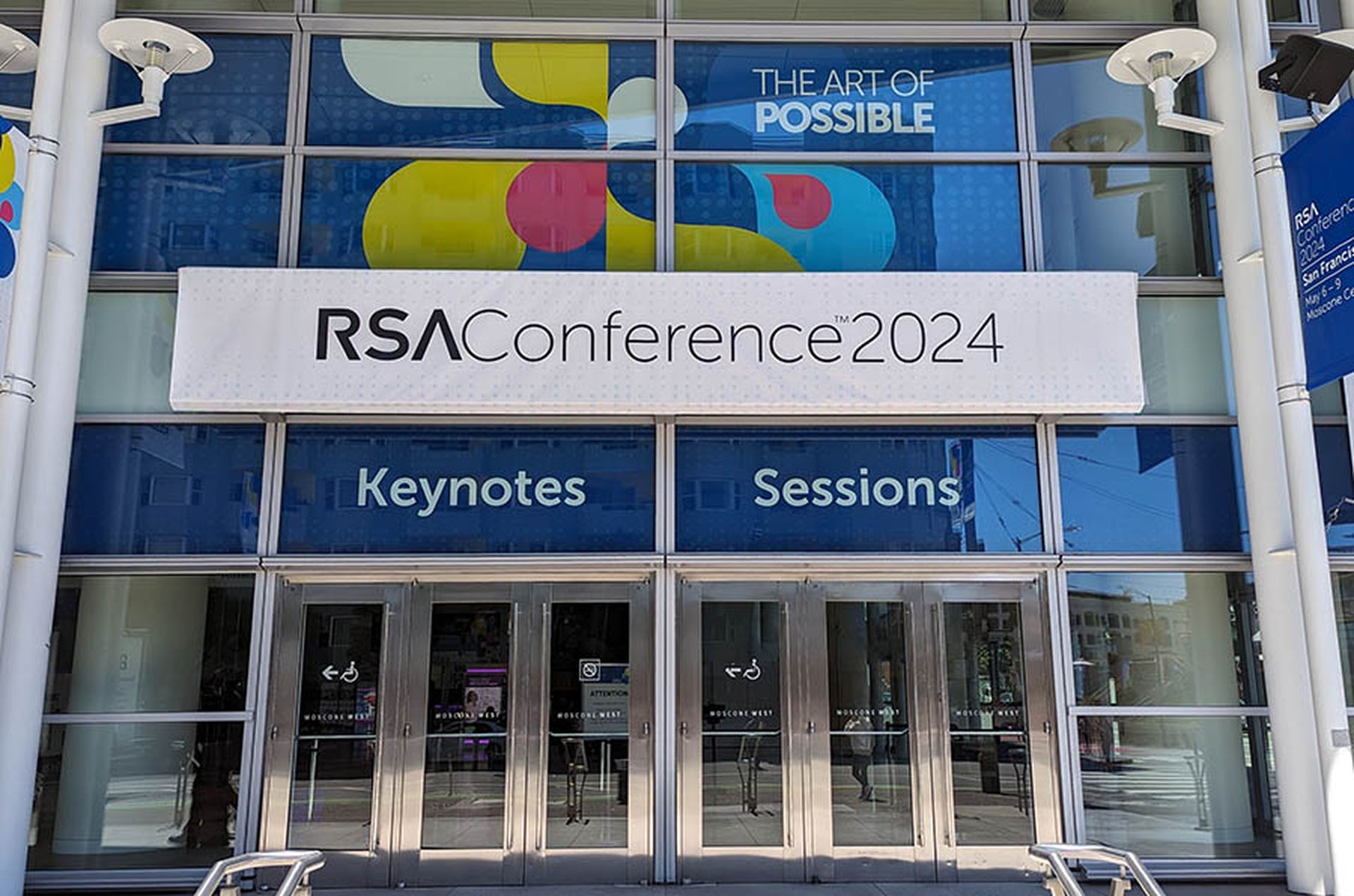Intel announced "Project Amber" Wednesday, a new service designed to unify and authenticate confidential computing across single, multi- and hybrid-cloud environments.
The promise of confidential computing is protecting data while it is being used and not just while it is being stored or transferred. Intel's SGX processors encrypt data in memory and compute it in a secure enclave. But, as of now, authenticating programs to see data — attestation — does not transfer well across environments, and nothing ensures a third-party system is providing the confidential computing service it has promised.
Intel's new offering, unveiled at its Vision 2022 event, will provide attestation- and assurance-as-a-service.
"Project Amber decouples the attestation from the infrastructure. End-users are able to get a consistent, uniform attestation service for all their workloads," Nikhil Deshpande, director of product development at Intel, told SC Media. "You can imagine from edge to cloud, the whole trusted chain can be actually getting higher assurance through Project Amber."
Project Amber will be a cloud-native, containerized, microservice architecture running on Kubernetes, with plug-ins for different cloud providers. Its customer will be the end-user, not the CSP, and those users will still be able to use each provider's native integration of SGX's confidential computing capabilities.
But Intel suspects that customers in complex environments, whose only other option to an authentication service would be to code an attestation platform of their own, will flock to their simpler option.
"For most of these customers. They would rather focus on their line of business as opposed to building and managing a complex system and economic conditions," said Raghu Yeluri, senior principal engineer, and lead security architect at Intel.
Intel expects a pilot launch of Project Amber later this year with a full launch early next year.
"These are problems that only decoupling attestation can help. [We] talked about decoupling attestation meaning, fundamentally, a third party needs to resolve this issue. We think Intel is in the best position to do that," said Deshpande.




